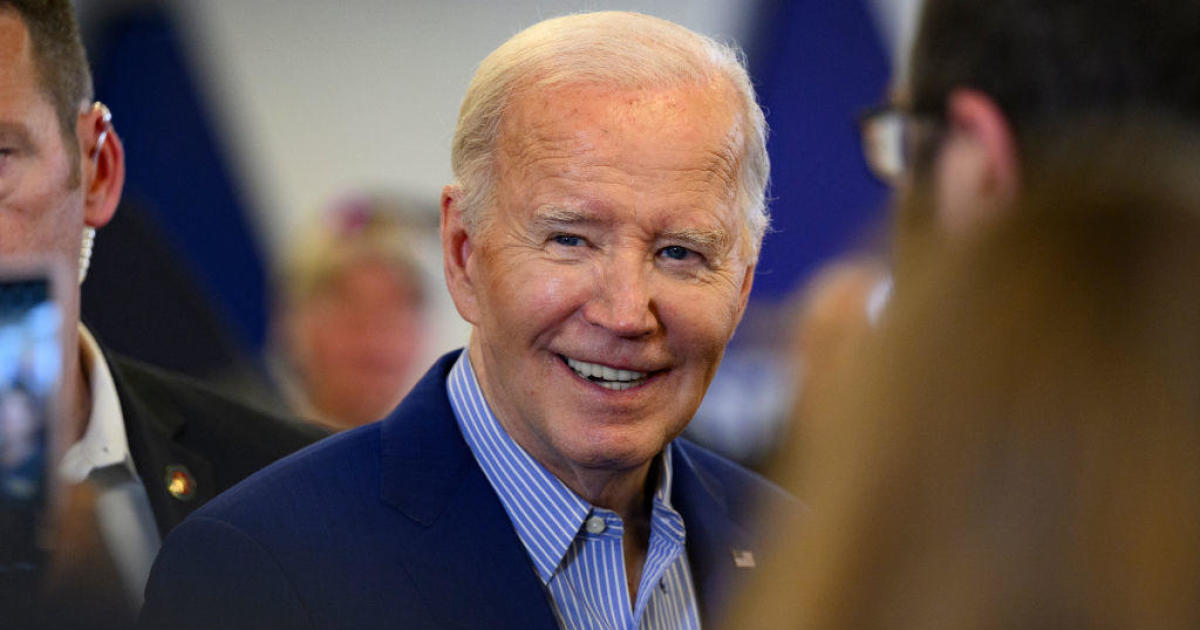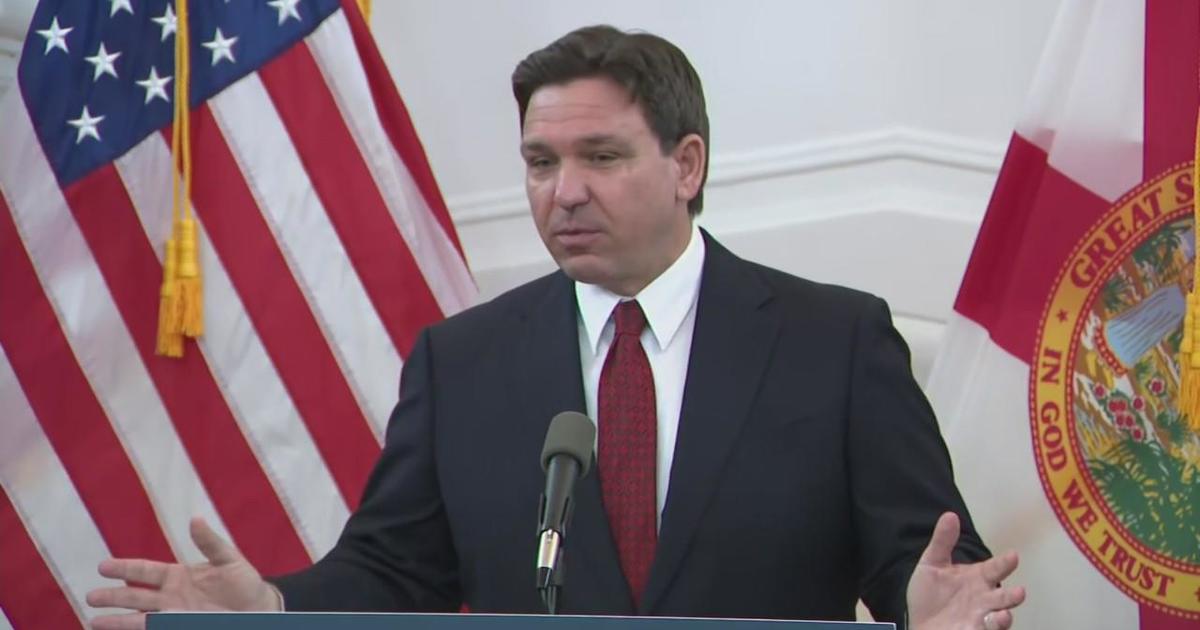Legislature To Cut Bright Futures Scholarships
TALLAHASSEE (CBS4) - The future of Florida's Bright Futures scholarship program doesn't appear to be so bright.
The state's Legislature is poised to make cuts to the popular program which would mean thousands of college students, or parents, will have to pay higher costs or even take out loans to attend school.
The only question is how much will the Legislature cut?
According to the House-passed budget, Bright Futures would be cut by 15 percent; anywhere from $330 to $480 annually depending on the type of award. The Senate version would slash everyone by $960. House and Senate negotiators are expected to wrangle over in the coming days as they begin trying to resolve budgetary differences.
"I'd have to take out loans or get a job, which would take away time I could use to study," said Latitia Davies, 22, a junior biology major at Florida State from Sunrise.
She's already taken out $8,000 in loans and said she doesn't want to get deeper into debt.
The Bright Futures scholarship program, funded by Lottery proceeds, was launched in 1997 to stem a "brain drain" of top Florida students to out-of-state colleges. Students could qualify for grants paying 100 percent or 75 percent of tuition and fees at in-state public and private schools depending largely on how well they scored on entrance exams.
Due to prior cutbacks the average scholarship now covers just 52 percent of tuition and fees, according to state financial aid records. That's down from 73 percent in 2006-07.
The number of recipients has increased from 42,319 in 1997-98 to more than 180,000 last year. The cost also has exploded, peaking at $429 million in 2008-09. At the highly selective University of Florida, 98 percent of incoming freshman had Bright Futures scholarships last fall.
Lottery proceeds have not kept pace with that growth, so the Legislature two years ago capped the scholarships at 2008-09 levels although tuition has increased since then.
Lawmakers last year also agreed to phase in higher minimum requirements for Bright Futures through 2013-14 and cut all awards by $1 per credit hour, or $30 a year. The House budget bill this year also would accelerate implementation of the new requirements, which would reduce the number of incoming freshmen receiving scholarships this fall.
Other financial assistance would help offset the Bright Futures reductions, said University of Florida spokesman Steve Orlando.
"In many cases, the effects on students won't be terribly dramatic," Orlando said. "We're not going to let a financial problem stand between any student and going to school here."
One long-standing criticism of Bright Futures is that many recipients don't need the scholarships because their families can afford the state colleges' tuition rates, which are among the lowest in the nation. The minimum tuition and fees set by the state is almost $3,100 a year for a full-time student taking five standard classes, but many universities charge more.
Cuts to the scholarship program come as the Legislature is also raising tuition at public colleges and universities.
The House budget bill raises tuition 5 percent for all students in state and community colleges and public universities. The Senate wants an 8 percent increase for the 28 state and community colleges but would not raise tuition at the 11 universities. With approval from the Board of Governors, universities can boost tuition up to 15 percent including whatever base-rate increase lawmakers agree upon. A 15 percent increase would amount to about $465 in the next academic year.
(©2011 CBS Local Media, a division of CBS Radio Inc. All rights reserved. This material may not be published, broadcast, rewritten, or redistributed. The Associated Press contributed to this report.)



